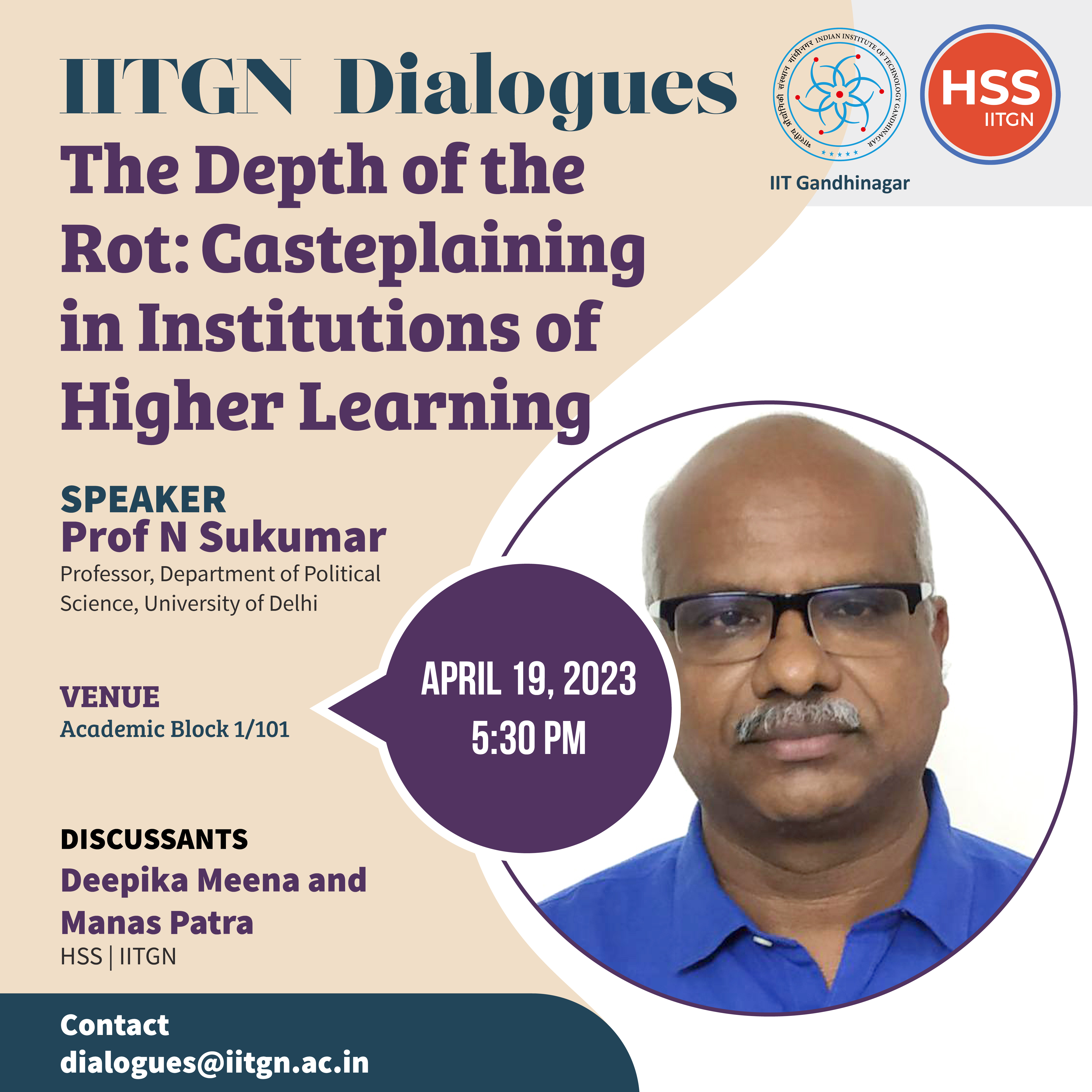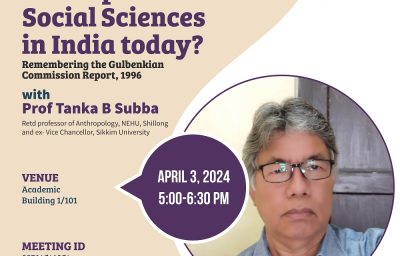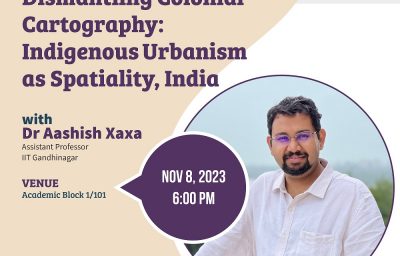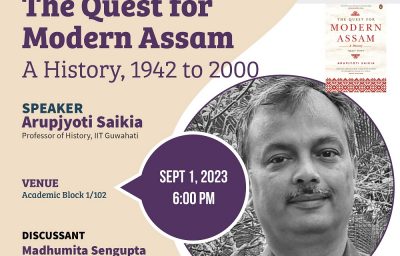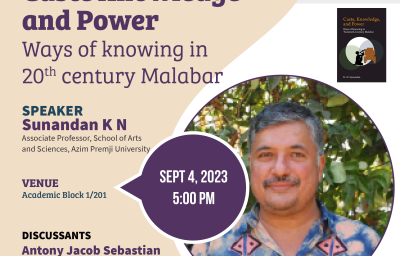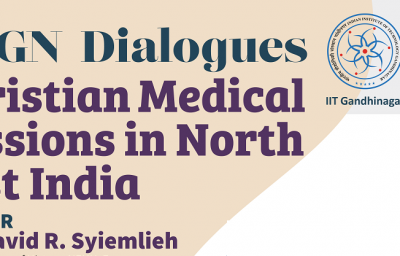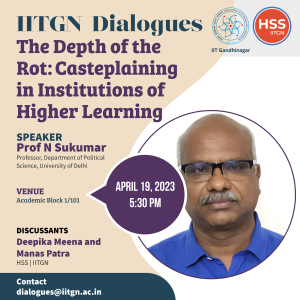
Speaker Bio
Prof N Sukumar teaches Political Science at Delhi University. His area of interest includes Indian Political Thought, Ambedkar and Dalit Bahujan Studies, Human Rights and Social Exclusion. Currently, he is engaged with issues of caste discrimination in Indian universities and on Dalit Citizenship. He is also a member/advisor for many professional bodies in many Central Universities and other institutions. He has published widely in research journals, blogs etc and has been involved in both national and international research studies on poverty and public institutions, migration and caste based atrocities. Apart from the classroom, he is also actively involved in grassroots peoples’ struggles.
Abstract
The present lecture utilizes social dominance theory which resonates with the idea of cultural capital which is embedded in the Indian caste habitus. Scheduled Caste students are excluded from social relations which then limits their life opportunities, thus producing not only capability deprivation, but also socio-cultural exclusion. Deprived of cultural capital, students from these communities encounter value judgments from the socially superior teacher/students. The theory of cultural reproduction through education notes that institutions are the spaces which ensure the reproduction of social hierarchies in terms of its cultural, economic, and political systems. The determinants of group based hierarchy is viewed at multiple levels of analysis, including psychological orientations, the discriminatory behaviour of individuals, the legitimizing ideologies that permeate entire social systems and the social allocations of groups and social institutions. This presentation seeks to interrogate the differential treatment meted out to Scheduled Caste students who get admission through affirmative action in institutions of higher learning and the psycho-social consequences of casteplaining that they are subjected to by the peer group, administration and the larger academia.

